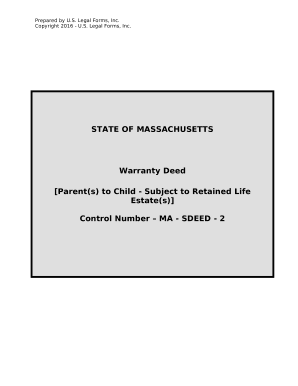
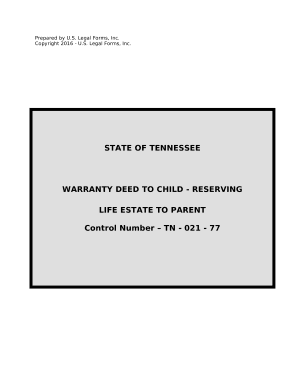
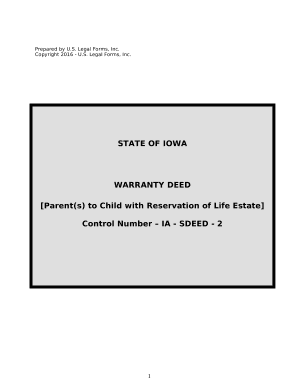
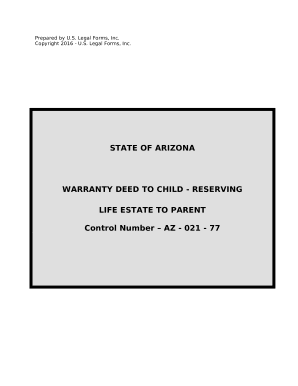


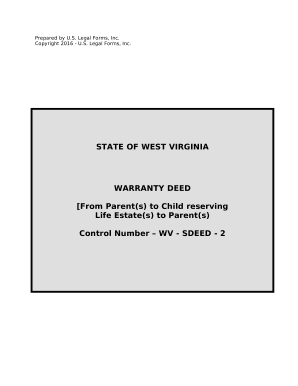
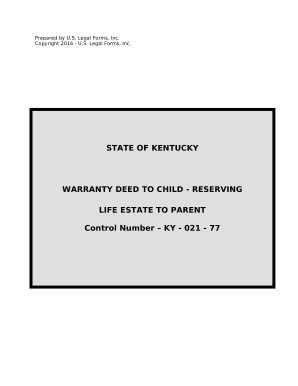
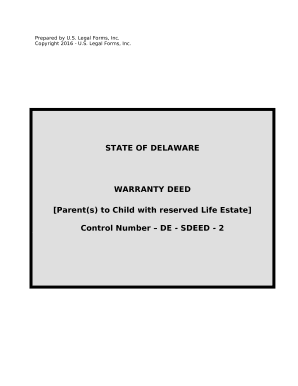

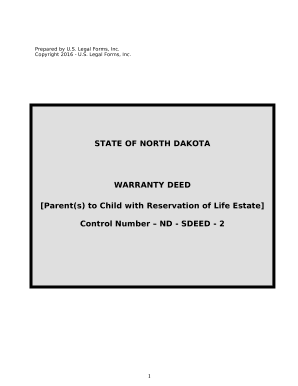

Your workflows always benefit when you can find all of the forms and documents you require at your fingertips. DocHub offers a vast array of form templates to alleviate your daily pains. Get a hold of Parent to Child Deed Transfers category and easily discover your form.
Start working with Parent to Child Deed Transfers in a few clicks:
Enjoy effortless document management with DocHub. Explore our Parent to Child Deed Transfers collection and get your form today!